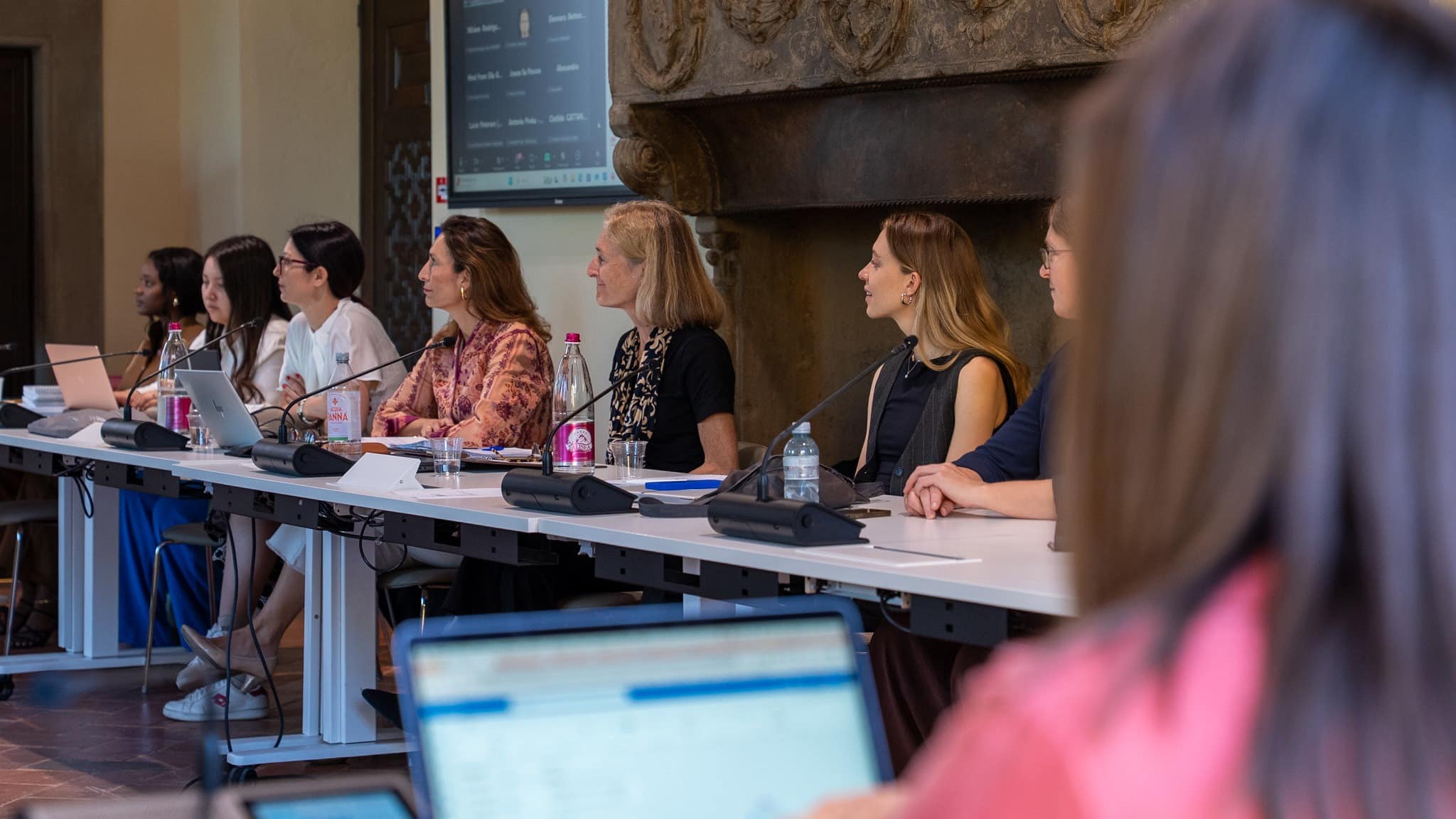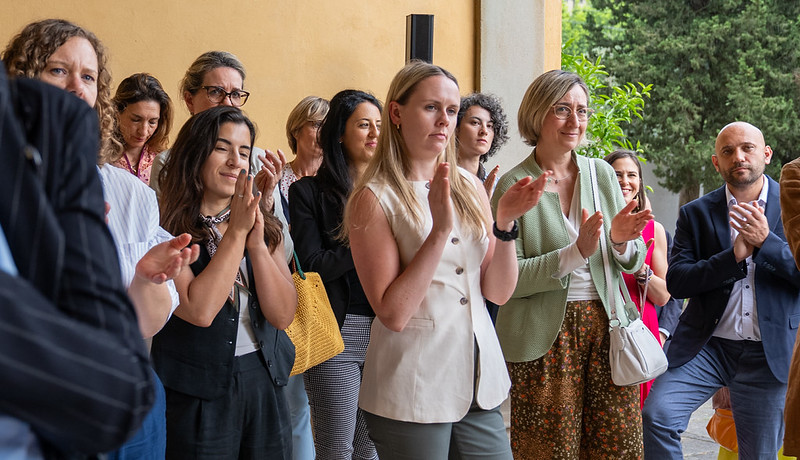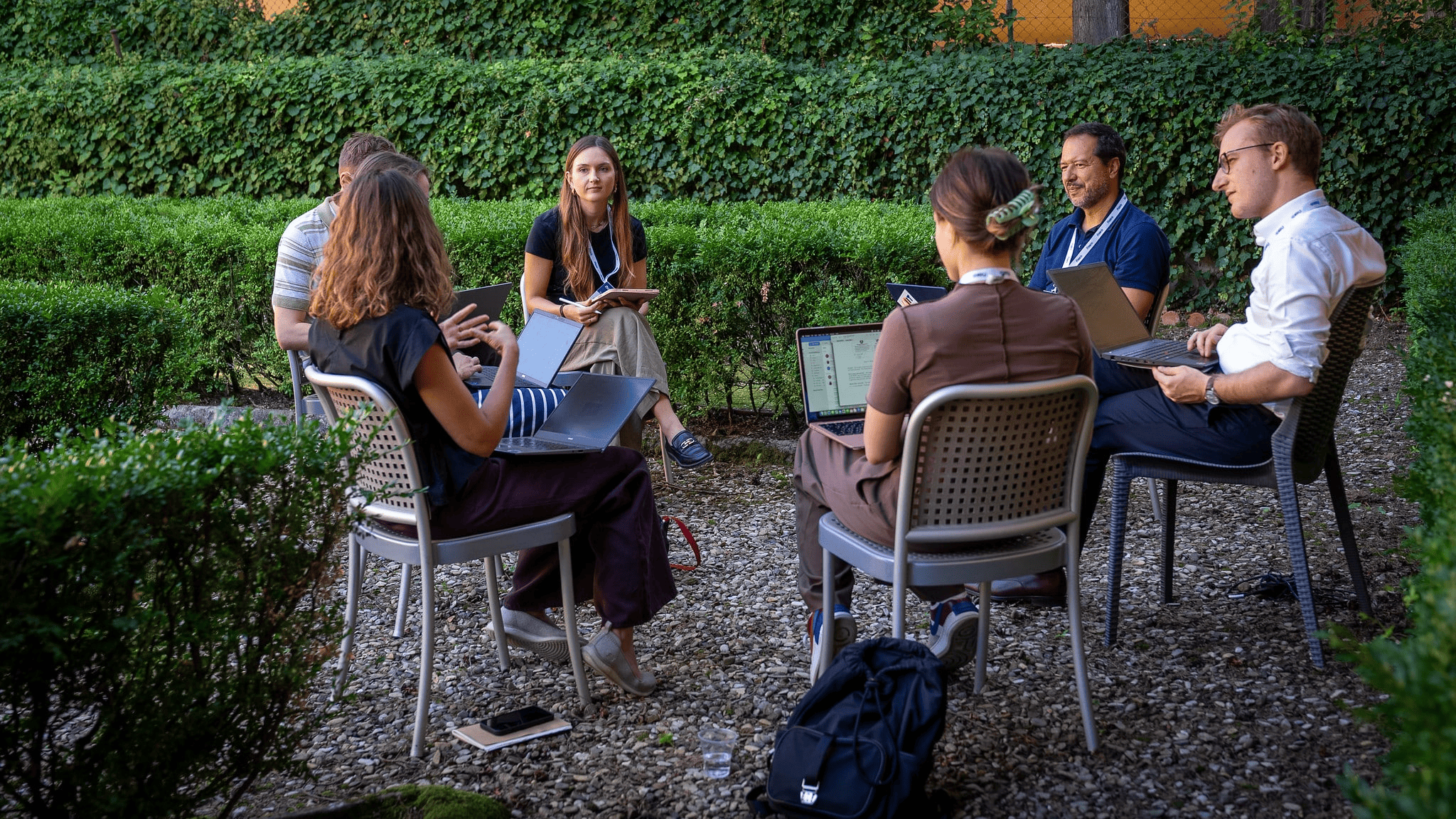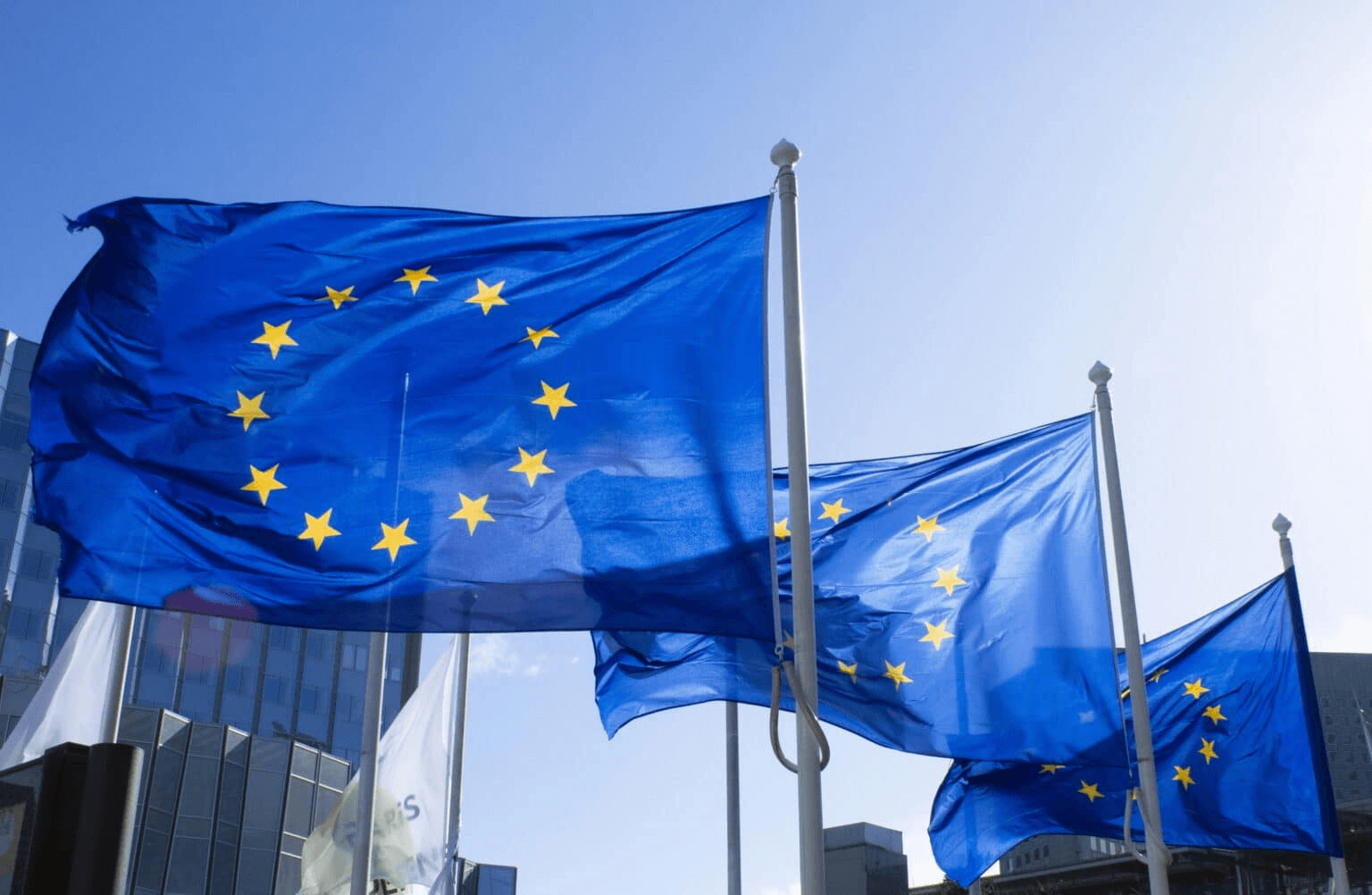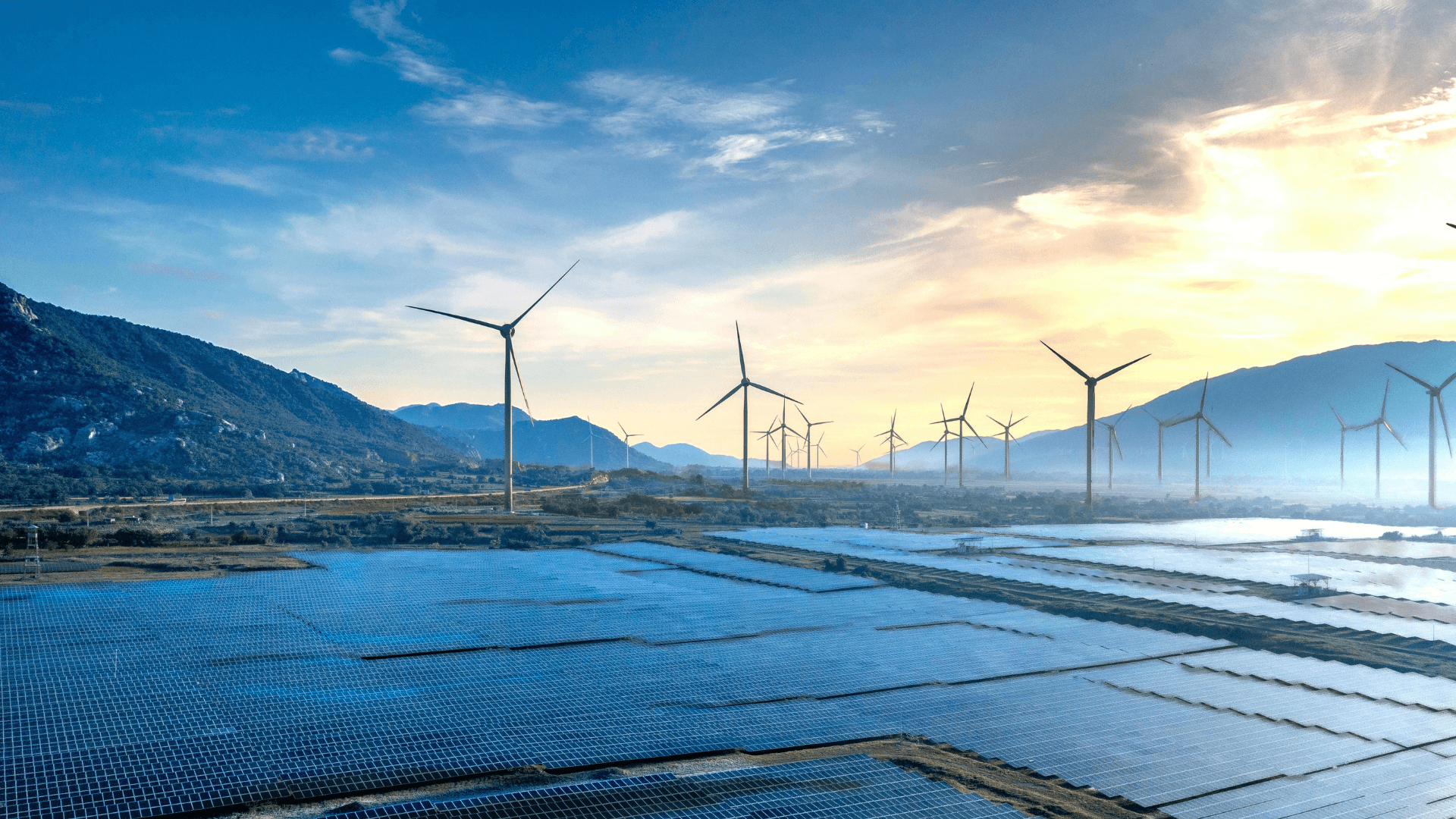FSR participates in the launch of the Global Observatory on P2P, CSC, and TE models at UCL
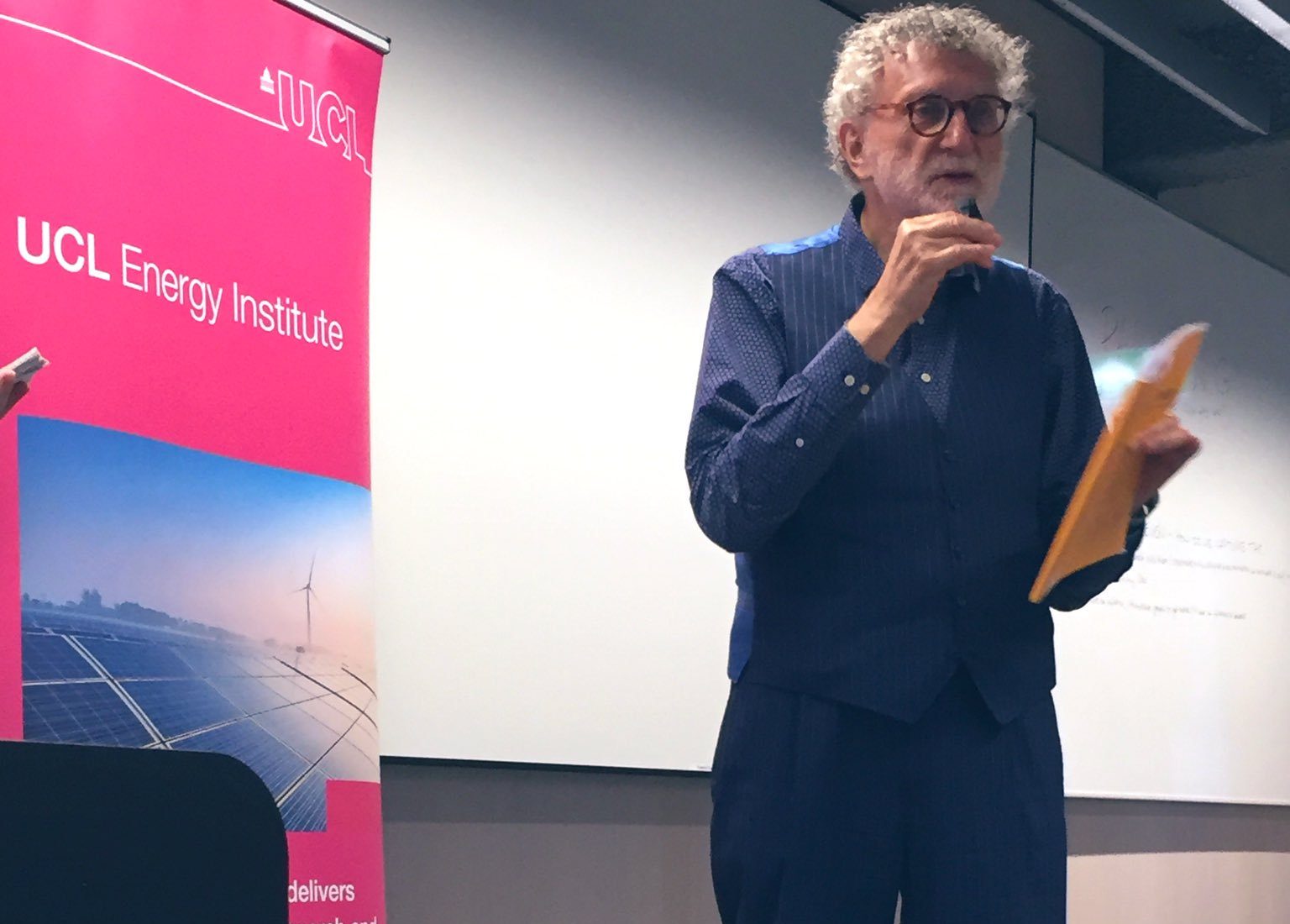
On 2-3 September 2019, FSR participated in the launch of the Global Observatory on Peer-to-Peer, Community Self-Consumption and Transactive Energy Models, which took place at UCL Energy Institute, London. The Global Observatory is a platform providing an authoritative and impartial evidence base for policymakers and regulators working on these innovative business models across the world.
At the event, FSR was represented by its Director Jean-Michel Glachant, the director of the Energy Union Law area Leigh Hancher, and by researchers Nicolò Rossetto and Tim Schittekatte, who presented the FSR preliminary view on the topic and the role and subtask that FSR will take on in the coming three years.
The subtask led by FSR aims to understand the policy and regulatory dimensions of P2P, CSC, and TE models. Particular attention will also be devoted to the several legal aspects involved in the implementation of these models (e.g., data privacy, consumer protection and contract law).
The Observatory is a Task under the Demand Side Management Technology Collaboration Programme (DSM TCP) by the International Energy Agency (IEA). The initiative will be conducted in cooperation with leading researchers in member countries of the DSM TCP. Current DSM Members participating in the Observatory include Australia, Belgium, Italy, the Netherlands, Sweden, Switzerland, the United Kingdom and the United States, with more countries expected to join in the future.
The Observatory will provide a platform for FSR and other stakeholders across the world involved or interested in these innovative business models to exchange field experience, best practices and ultimately inform the development of sound policy and regulation at national and international levels.
_
An overview of FSR’s subtask was presented on the event’s first day and is available here.
Don’t miss any update on this topic
Sign up for free and access the latest publications and insights



